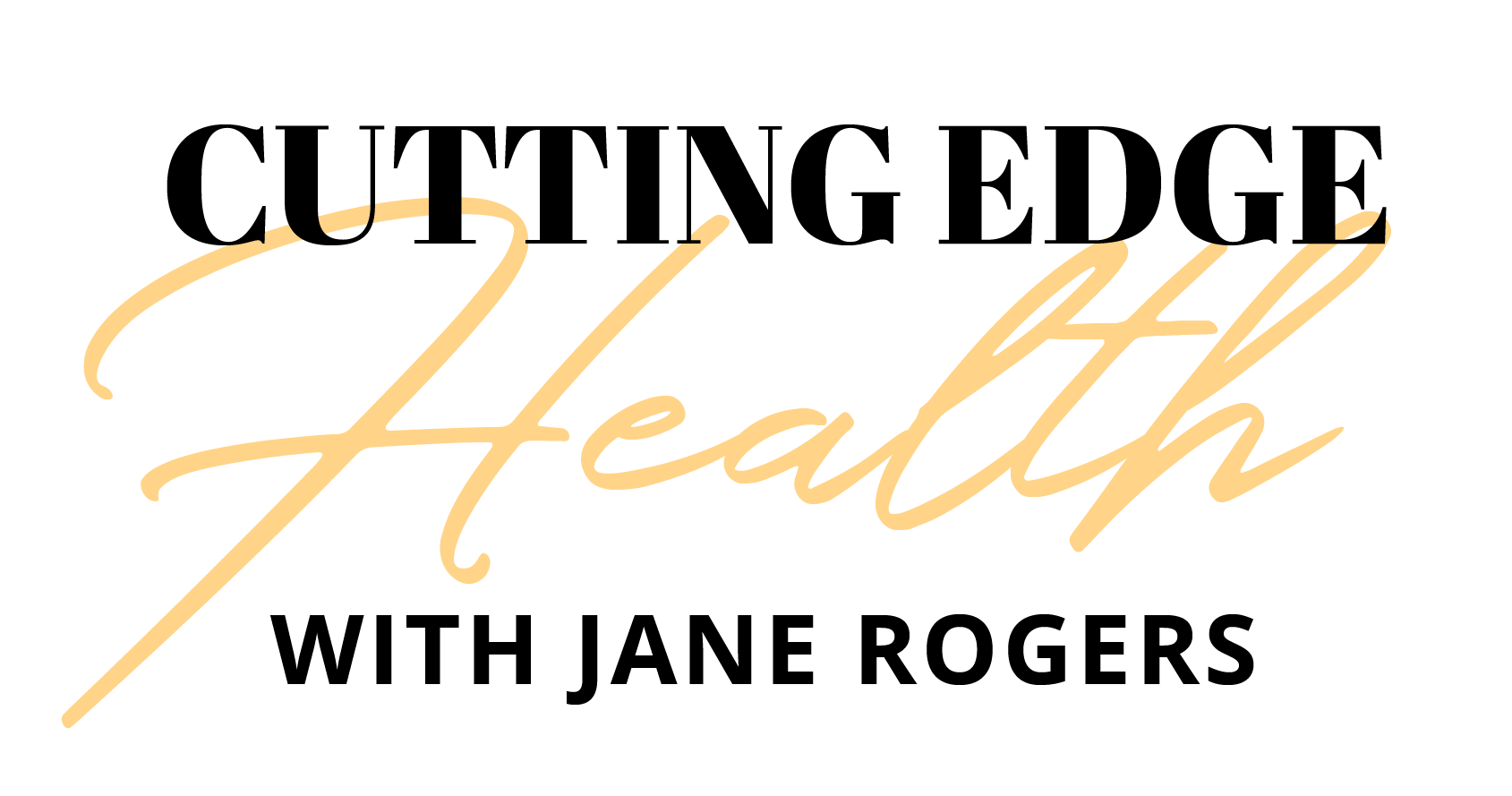
Although it may not be as glamorous as longevity research, focusing on healthspan – the number of years lived in good health – could have a more significant impact on improving people’s lives than extending their lifespan by a few years. Identifying when people start to decline in health and recognizing the early indicators of that decline is crucial in extending healthy lives.
One measure used to assess this decline is frailty, which takes into account factors such as social isolation, mobility, and health conditions to produce an overall score. The National Health Service in England automatically calculates frailty scores for individuals aged 65 and over to help them live independently and avoid falls and adverse reactions to medication.
Our focus should be on helping people live healthier lives, rather than just extending their lifespan. This idea is also supported by Juulia Jylhävä, who works as a principal researcher at the Karolinska Institutet in Sweden and as a scientific consultant at MedEngine, a medical data science company based in Finland. Jylhävä argues that we should prioritize healthspan, which involves maintaining not only good health but also functional abilities.
However, research by Jylhävä suggests that assessing frailty scores at 65 is too late, and they could be useful indicators of mortality risks much earlier in life, particularly at age 50. Instead of solely focusing on the elderly, we should also consider why and when younger people start to decline in health to promote healthy aging.












